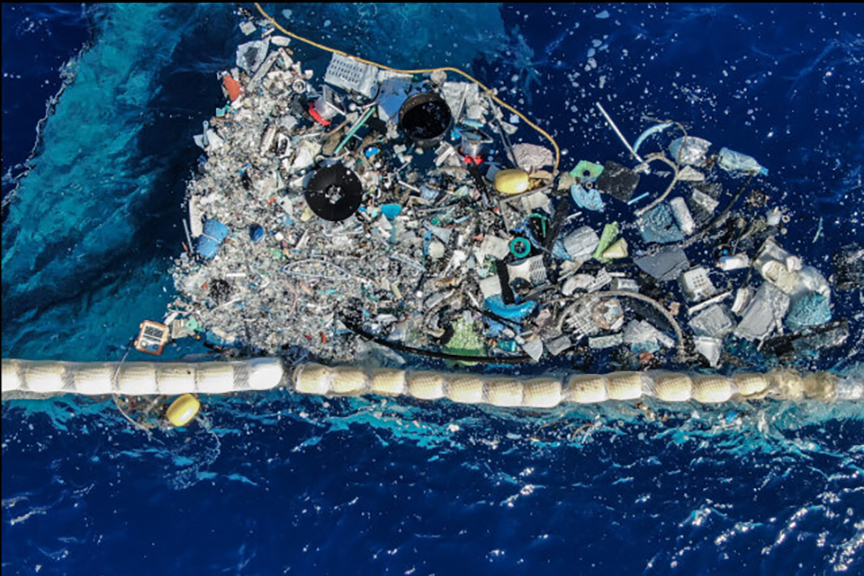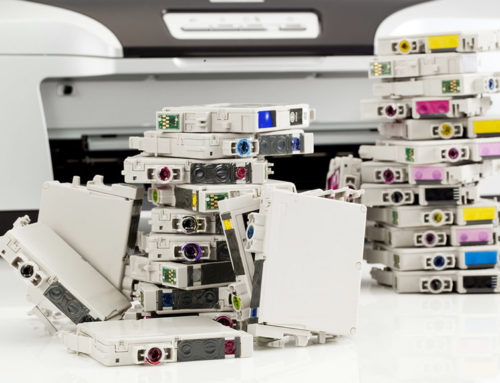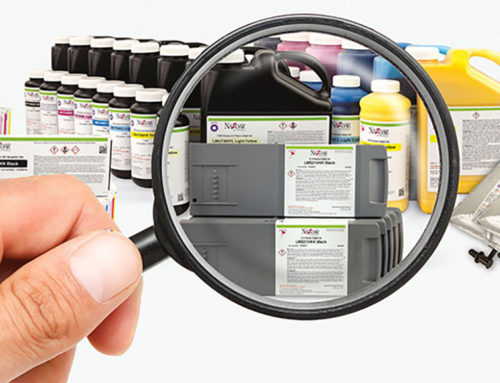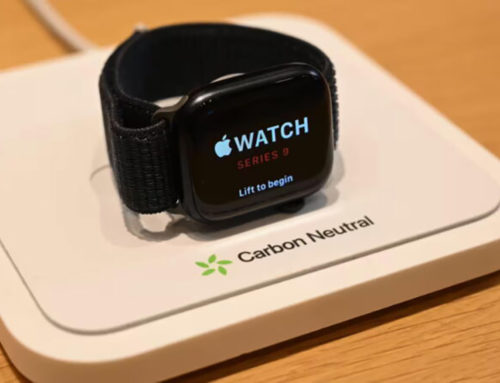Plastic has become an integral part of our daily lives, and as a result, so has plastic waste. From packaging to transportation and beyond, plastic is everywhere. However, a growing concern looms over the environmental and health ramifications of plastic pollution, particularly in its potential to disrupt the human food chain. This alarming consequence is linked to a process known as bioaccumulation, which has far-reaching effects on both wildlife and human populations with a profound impact on our food chain.
Bioaccumulation is a process where chemicals found in plastics, often in the form of additives or contaminants, gradually accumulate within the bodies of animals that ingest or are exposed to them. This perilous journey begins when microplastics and other plastic waste fragments find their way into the environment. As these plastics degrade over time, they release a cocktail of toxic compounds.
Wildlife including fish, birds, and marine mammals often mistake these plastic particles for food, ingesting them as part of their diet. Consequently, the chemicals within the plastic enter the animal’s body. Over time, these chemicals can build up in the tissues and organs of the plastic-feeder, potentially causing various health issues and impairing their reproductive abilities.
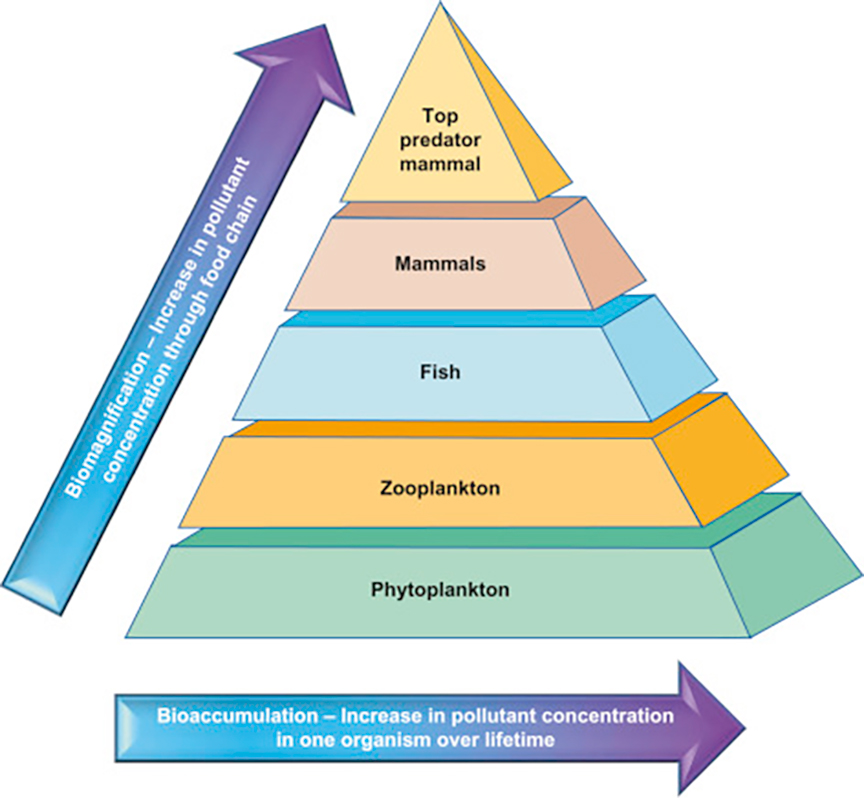
The ecological intricacy of our planet’s ecosystems means that the consequences of bioaccumulation do not stop with the plastic feeders. As smaller creatures are consumed by larger ones, the chemicals from plastics progress up the food web. This process, known as biomagnification, means that predators at the top of the food chain can accumulate significant levels of these chemicals in their bodies.
Consider the example of a fish that consumes plastic particles laden with harmful chemicals. When a human consumes this contaminated fish, they unwittingly become part of the bioaccumulation chain. This alarming transfer of toxic substances from one organism to another ultimately poses a serious threat to human health.
The potential health implications of bioaccumulation within the human food chain are a cause for concern. Studies have shown that certain chemicals found in plastics, such as phthalates and bisphenol A (BPA), can disrupt the endocrine system, potentially leading to hormone-related issues, developmental disorders, and even cancer. Other chemicals, like polychlorinated biphenyls (PCBs) and polybrominated diphenyl ethers (PBDEs), have been linked to neurological and immune system disorders.
Furthermore, the long-term effects of chronic exposure to these chemicals remain a subject of ongoing research. The intricate mechanisms through which they impact human health underscore the urgency of addressing the issue of plastic pollution.
The effects of bioaccumulation in the human food chain are not to be taken lightly. As a society, we must take proactive steps to mitigate this burgeoning crisis:
- Reduce Plastic Use: Adopt eco-friendly practices by minimizing plastic use in daily life. Opt for reusable containers and bags, and support businesses that prioritize sustainable packaging.
- Waste Management: Support efficient waste management systems that reduce plastic leakage into the environment.
- Advocate for Policy Changes: Encourage lawmakers to enact legislation that curtails the production and use of harmful plastic additives and contaminants.
- Consumer Awareness: Stay informed about the products you use and their potential health risks. Make informed choices to protect yourself and your family.
Bioaccumulation is a silent threat that we cannot afford to ignore. The insidious journey of plastic chemicals through the food chain, ultimately affecting humans, highlights the urgent need for collective action to safeguard both the environment and our health, ensuring a cleaner, healthier future for generations to come.

